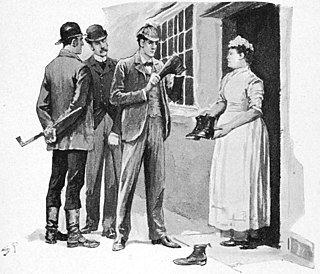
Detective fiction is a subgenre of crime fiction and mystery fiction in which an investigator or a detective—whether professional, amateur or retired—investigates a crime, often murder. The detective genre began around the same time as speculative fiction and other genre fiction in the mid-nineteenth century and has remained extremely popular, particularly in novels. Some of the most famous heroes of detective fiction include C. Auguste Dupin, Sherlock Holmes, and Hercule Poirot. Juvenile stories featuring The Hardy Boys, Nancy Drew, and The Boxcar Children have also remained in print for several decades.
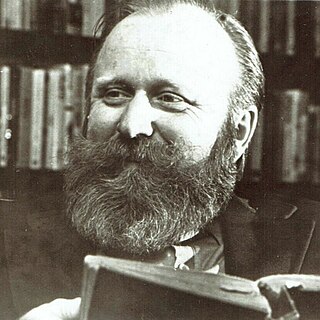
Franklin Patrick Herbert Jr. was an American science-fiction author, best known for his 1965 novel Dune and its five sequels. He also wrote short stories and worked as a newspaper journalist, photographer, book reviewer, ecological consultant, and lecturer.
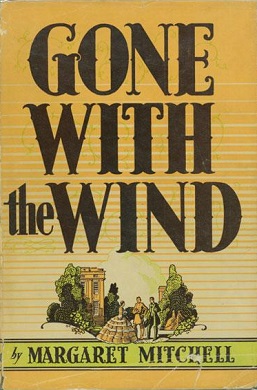
Gone with the Wind is a novel by American writer Margaret Mitchell, first published in 1936. The story is set in Clayton County and Atlanta, both in Georgia, during the American Civil War and Reconstruction Era. It depicts the struggles of young Scarlett O'Hara, the spoiled daughter of a well-to-do plantation owner, who must use every means at her disposal to claw her way out of poverty following Sherman's destructive "March to the Sea." This historical novel features a coming-of-age story, with the title taken from the poem "Non Sum Qualis eram Bonae Sub Regno Cynarae", written by Ernest Dowson.
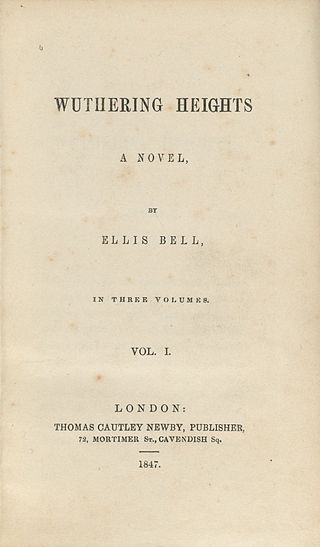
Wuthering Heights is the only novel by the English author Emily Brontë, initially published in 1847 under her pen name "Ellis Bell". It concerns two families of the landed gentry living on the West Yorkshire moors, the Earnshaws and the Lintons, and their turbulent relationships with the Earnshaws' foster son, Heathcliff. The novel was influenced by Romanticism and Gothic fiction.

Leave Her to Heaven is a 1945 American psychological thriller film noir melodrama directed by John M. Stahl and starring Gene Tierney, Cornel Wilde, Jeanne Crain, and Vincent Price. It follows a socialite who marries a prominent novelist, which spurs a violent, obsessive, and dangerous jealousy in her. It is based on the 1944 novel of the same name by Ben Ames Williams, adapted by screenwriter Jo Swerling.

Ronald Arbuthnott Knox was an English Catholic priest, theologian, author, and radio broadcaster. Educated at Eton and Balliol College, Oxford, where he earned a high reputation as a classicist, Knox was ordained as a priest of the Church of England in 1912. He was a fellow and chaplain of Trinity College, Oxford until he resigned from those positions following his conversion to Catholicism in 1917. Knox became a Catholic priest in 1918, continuing in that capacity his scholarly and literary work.

Ellen Anderson Gholson Glasgow was an American novelist who won the Pulitzer Prize for the Novel in 1942 for her novel In This Our Life. She published 20 novels, as well as short stories, to critical acclaim. A lifelong Virginian, Glasgow portrayed the changing world of the contemporary South in a realistic manner, differing from the idealistic escapism that characterized Southern literature after Reconstruction.
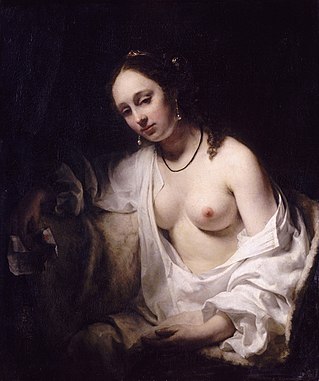
Bathsheba was the wife of Uriah the Hittite and later of David, according to the Hebrew Bible. She was the mother of Solomon, who succeeded David as king, making her the Gebirah. She is best known for the Biblical narrative in which she was summoned by King David, who had seen her bathing and lusted after her.

Frances Ellen Watkins Harper was an American abolitionist, suffragist, poet, temperance activist, teacher, public speaker, and writer. Beginning in 1845, she was one of the first African American women to be published in the United States.
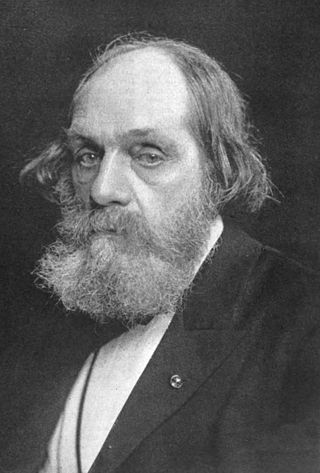
Edward Everett Hale was an American author, historian, and Unitarian minister, best known for his writings such as "The Man Without a Country", published in Atlantic Monthly, in support of the Union during the Civil War. He was the grand-nephew of Nathan Hale, the American spy during the Revolutionary War.

Sara Paretsky is an American author of detective fiction, best known for her novels focused on the protagonist V. I. Warshawski.

Barbara Ellen Kingsolver is a Pulitzer Prize-winning American novelist, essayist, and poet. Her widely known works include The Poisonwood Bible, the tale of a missionary family in the Congo, and Animal, Vegetable, Miracle, a nonfiction account of her family's attempts to eat locally. In 2023, she was awarded the Pulitzer Prize for Fiction for the novel Demon Copperhead. Her work often focuses on topics such as social justice, biodiversity, and the interaction between humans and their communities and environments.

James Morrow is an American novelist and short-story writer known for filtering large philosophical and theological questions through his satiric sensibility.
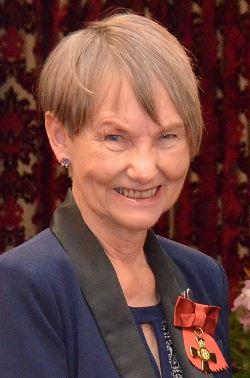
Fleur Una Maude Beale is a New Zealand teenage fiction writer, best known for her novel I Am Not Esther, which has been published worldwide.
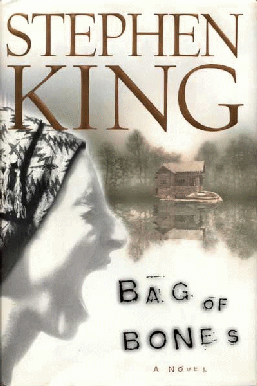
Bag of Bones is a 1998 horror novel by American writer Stephen King. It focuses on an author who suffers severe writer's block and delusions at an isolated lake house four years after the death of his wife. It won the 1999 Bram Stoker Award for Best Novel, the 1999 British Fantasy Award for Best Novel, and the 1999 Locus Award for Best Dark Fantasy/Horror Novel. The book re-uses many basic plot elements of Daphne du Maurier's Rebecca, which is directly referenced several times in the book's opening pages; however, the relation of these elements to the plot and characters is markedly different. When the paperback edition of Bag of Bones was published by Pocket Books on June 1, 1999 (ISBN 978-0671024239), it included a new author's note at the end of the book, in which Stephen King describes his initial three-book deal with Scribner, and devotes most of the piece describing the origins of the then-forthcoming Hearts in Atlantis.

The Red House is a 1947 American thriller film noir directed by Delmer Daves, and starring Edward G. Robinson, Lon McCallister, Judith Anderson, Rory Calhoun, Allene Roberts, and Julie London. Its plot follows a young woman raised by a brother and sister who are concealing a secret involving an abandoned farmhouse located deep in the woods on their sprawling property. It is based on the 1945 novel of the same name by George Agnew Chamberlain (1879-1966). The screenplay is by director Delmer Daves and Albert Maltz, uncredited. This was Ona Munson's last feature film appearance.

The Funhouse is a 1980 novelization by American author Dean Koontz, based on a Larry Block screenplay, which was made into the 1981 film The Funhouse, directed by Tobe Hooper. As the film production took longer than expected, the book was released before the film.
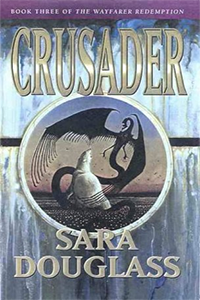
Crusader is the 1999 fantasy novel by Australian author, Sara Douglass. It was first published in Australia as the conclusion of The Wayfarer Redemption trilogy, and then published in the United States and Europe as the finale of the Wayfarer Redemption sextet. It is preceded by Pilgrim.

Dorothy Leigh Sayers was an English crime novelist, playwright, translator and critic.